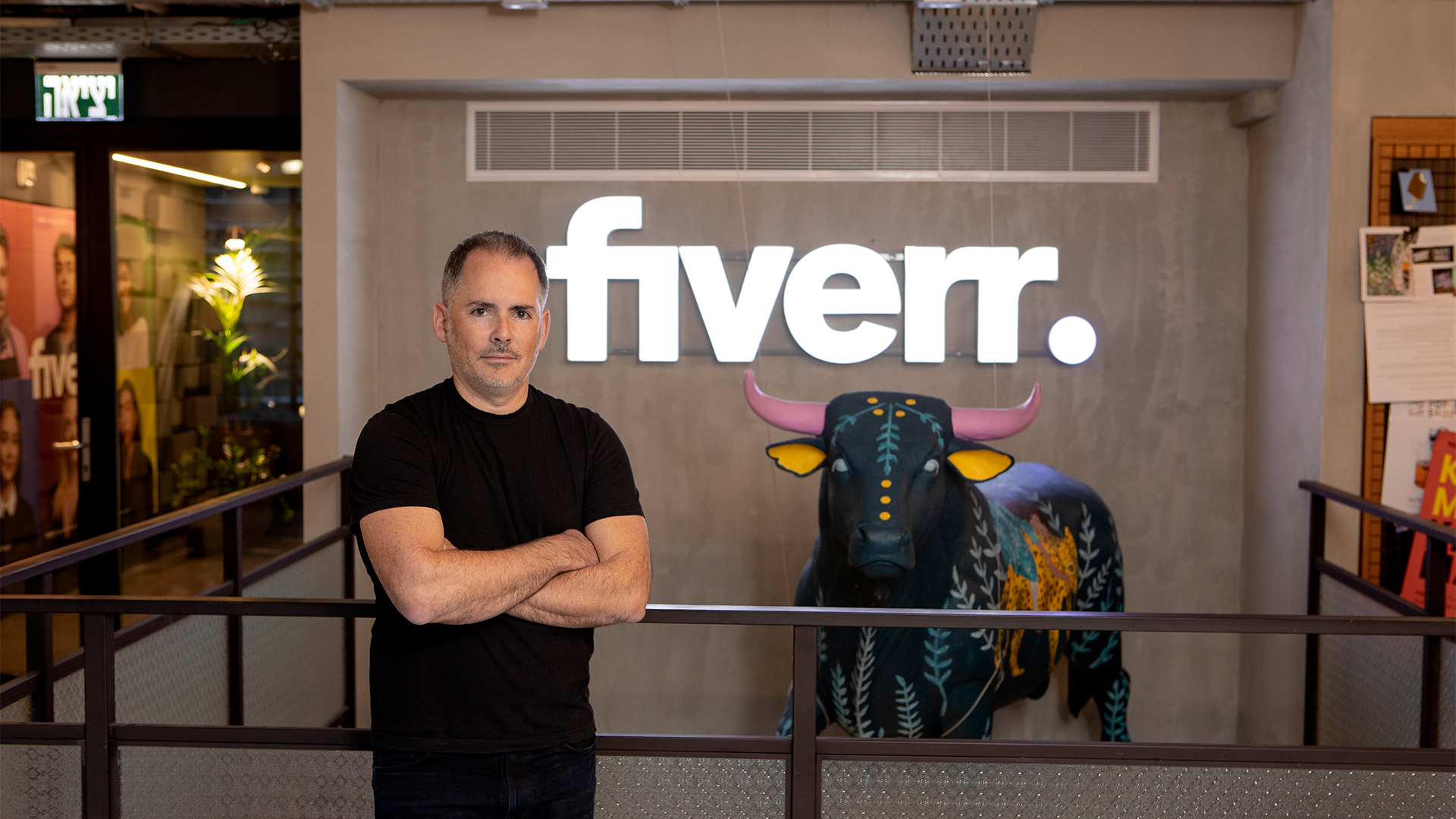IBM pledges support for UK government cyber skills program
The CyberFirst Girls competition is aimed at increasing diversity in the cyber security workforce


IBM has teamed up with the UK’s National Cyber Security Centre (NCSC) and the Department for Science, Innovation and Technology (DSIT) for a cyber skills program for girls.
The company confirmed it will provide the online platform for this year's CyberFirst Girls competition, a UK-wide program open to girls between the ages of 12 and 13.
Run by the NCSC, the competition is the UK’s flagship cybersecurity program for schools, with more than 85,000 students across the country having taken part since its launch in 2017.
Students participate in a series of cyber challenges ranging from cryptography and networking to AI.
"IBM is delighted to build upon our partnership with the National Cyber Security Centre by supporting the CyberFirst Girls competition with DSIT," said Mark Hughes, IBM global managing partner for cybersecurity.
"This new collaboration is a significant step towards nurturing the next generation of cyber leaders, ensuring a more inclusive and robust industry. We are confident that this partnership will make a substantial impact in encouraging more young girls to pursue rewarding careers in cybersecurity."
While average salaries in the sector top £56,000 – with the top 20% earning between £73,000 and £350,000 - almost half of UK businesses report having cybersecurity skills gaps.
Get the ITPro daily newsletter
Sign up today and you will receive a free copy of our Future Focus 2025 report - the leading guidance on AI, cybersecurity and other IT challenges as per 700+ senior executives
More than four-in-ten have a basic skills gap, research shows, while 27% have gaps in advanced skills such as penetration testing.
But while broadening the talent pool clearly helps, official figures show that women currently make up just 17% of the UK's cyber workforce.
Diversity in cyber still lacking
Last year, the government's annual cybersecurity skills report found that, despite a significant skills gap, a lack of diversity is a persistent challenge in the workforce.
While there's been a general upward trend in the number of women from ethnic minority backgrounds in the UK cybersecurity workforce, this improvement appears to have tailed off.
"If we’re going to keep the UK safe from the threats we face online, then we need to build a diverse workforce which is reflective of every community in the country," said minister for cybersecurity Feryal Clark.
“By partnering with IBM to deliver the next edition of the CyberFirst Girls Competition, we’re driving forward our plans to do exactly that – building up the skills of young girls across the country and nurturing the next generation of UK cyber leaders."
MORE FROM ITPRO
- Looking to get into cybersecurity? Here are the best online training courses
- A guide to cyber security certification and training
- Does a cyber security degree help in the real world? Industry professionals have mixed feelings on whether they’re useful
Emma Woollacott is a freelance journalist writing for publications including the BBC, Private Eye, Forbes, Raconteur and specialist technology titles.
-
 Bigger salaries, more burnout: Is the CISO role in crisis?
Bigger salaries, more burnout: Is the CISO role in crisis?In-depth CISOs are more stressed than ever before – but why is this and what can be done?
By Kate O'Flaherty Published
-
 Cheap cyber crime kits can be bought on the dark web for less than $25
Cheap cyber crime kits can be bought on the dark web for less than $25News Research from NordVPN shows phishing kits are now widely available on the dark web and via messaging apps like Telegram, and are often selling for less than $25.
By Emma Woollacott Published
-
 ‘AI is coming for your jobs. It’s coming for my job too’: Fiverr CEO urges staff to upskill or be left behind
‘AI is coming for your jobs. It’s coming for my job too’: Fiverr CEO urges staff to upskill or be left behindNews The latest in a string of AI skills warnings has urged staff to begin preparing for the worst
By Ross Kelly Published
-
 Osney Capital unveils UK's first seed fund for cybersecurity startups
Osney Capital unveils UK's first seed fund for cybersecurity startupsNews VC firm Osney Capital has launched the UK’s first specialist cybersecurity seed fund, saying it plans to back 30 companies at the seed and pre-seed stage.
By Emma Woollacott Published
-
 AI skills training can't be left in the hands of big tech
AI skills training can't be left in the hands of big techNews Speakers at Turing's AI UK conference lay out challenges to AI skills readiness
By Nicole Kobie Published
-
 Tech talent shortages mean firms are scrapping traditional recruitment strategies
Tech talent shortages mean firms are scrapping traditional recruitment strategiesNews With more than half of enterprise leaders worried about future skills shortages, many organizations are turning to a range of new techniques to expand potential talent pools.
By Emma Woollacott Published
-
 The UK’s AI ambitions face one major hurdle – finding enough home-grown talent
The UK’s AI ambitions face one major hurdle – finding enough home-grown talentNews Research shows UK enterprises are struggling to fill AI roles, raising concerns over the country's ability to meet expectations in the global AI race.
By Emma Woollacott Published
-
 DigiCert targets APAC, EMEA growth with double leadership hire
DigiCert targets APAC, EMEA growth with double leadership hireNews Paul Holt joins DigiCert as EMEA group vice president, while James Cook takes the reins in APAC
By Daniel Todd Published
-
 CISOs are working harder than ever, but their pay isn’t keeping pace
CISOs are working harder than ever, but their pay isn’t keeping paceNews Many CISOs are being asked to take on more responsibility for domains that would normally lie outside of their remit
By Solomon Klappholz Published
-
 Businesses know they have major skills deficits, but less than half plan on hiring more women
Businesses know they have major skills deficits, but less than half plan on hiring more womenNews Male IT leaders remain complacent about gender diversity despite widespread skills shortages
By Emma Woollacott Published